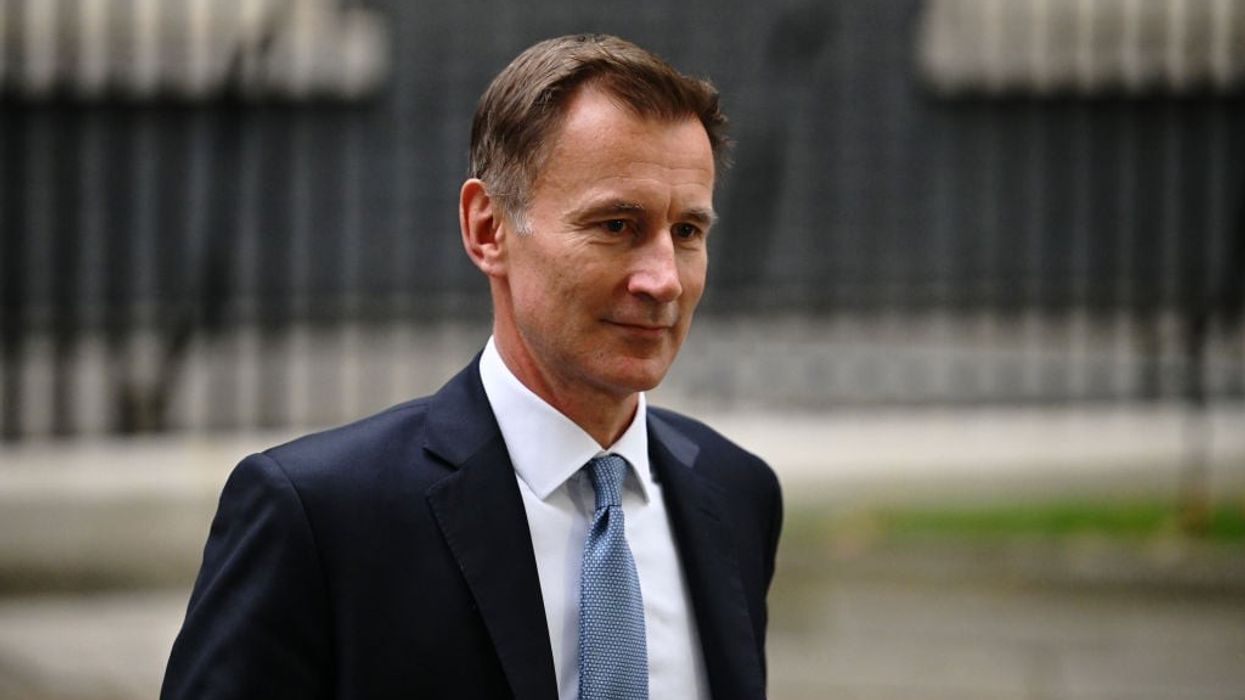The chancellor of exchequer, Jeremy Hunt, announced on Wednesday (15) a plan that he hopes will speed up the UK’s stagnating economy, including childcare and pension reforms to get more people into work and corporate tax breaks to boost weak business investment.
Saying the world's sixth-biggest economy was now set to avoid a recession this year - even if it will still contract - Hunt said he would extend help for households hit by soaring energy bills and freeze a tax on fuel.
"In the face of enormous challenges, I report today on a British economy which is proving the doubters wrong," Hunt said, to jeers from the opposition Labour Party which is riding high in opinion polls ahead of an election expected next year.
Hunt and prime minister Rishi Sunak resisted calls from some lawmakers in their ruling Conservative Party - alarmed by the biggest tax burden on the economy since World War II - for big tax cuts now.
But Hunt found money to extend energy bill subsidies for households by three months and a decade-long fuel duty freeze for another year.
Despite that help, and lower inflation than previously expected, living standards in Britain remain on track for a record fall over the two years to the end of March 2024, the Office for Budget Responsibility (OBR) independent forecasters said.
In a bid to speed up economic growth, Hunt expanded free childcare to children under two in England as a way to get more young parents into work.
In another measure to boost the size of the workforce, he abolished penalties for people breaking thresholds on pension contributions in an attempt to keep more older people in work.
The OBR said it was hard to forecast the impact of Hunt's attempts to get more workers into the jobs market and it warned that the participation rate - people in work or looking for it - was set to hit a 23-year low next year before rising again.
Hunt also announced a new incentive for business investment that will allow companies to offset 100 per cent of their capital expenditure against profits, although that represented a scaling-back of tax breaks under a previous scheme.
The OBR said the change would not cushion all the pain for companies whose corporate tax rate will leap next month to represent its heaviest burden on businesses since the tax was introduced in 1965.
Other measures included more investment in nuclear power.
Hunt said the government would add £11 billion pounds to the defence budget - which has been stretched by Britain's support for Ukraine in its war with Russia - over the next five years.
(Reuters)
UK Budget: Jeremy Hunt announces reforms to boost growth
The chancellor of exchequer and prime minister Rishi Sunak resisted calls from some lawmakers in their ruling Conservative Party for big tax cuts




